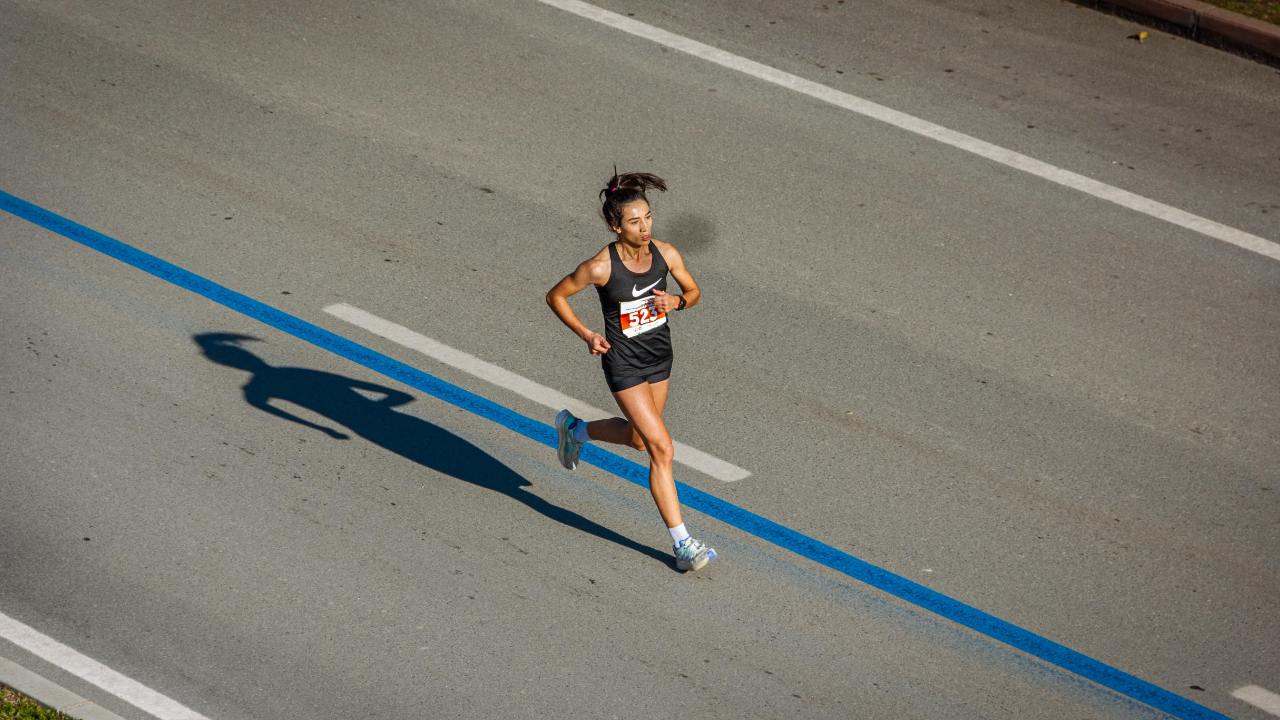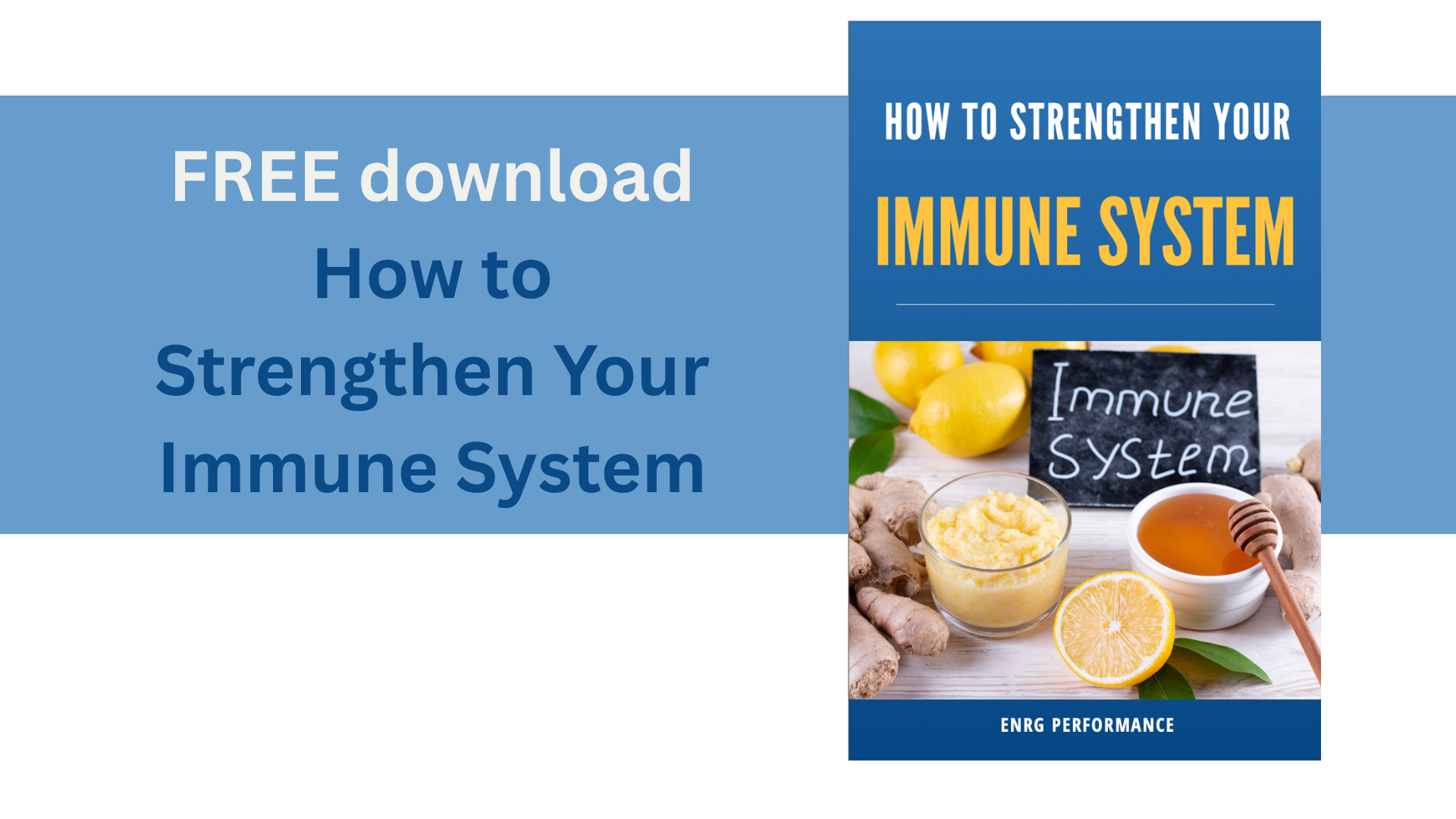Testosterone and Aging Male Athletes
Aug 05, 2024
Testosterone, vital for the development and maintenance of muscle mass, strength and energy levels, also influences mood, libido and cognitive function. In athletes, optimal testosterone levels are essential for peak performance, recovery and endurance.
Unfortunately, after the age of 30, men typically experience a gradual decline in testosterone levels - about 1% per year. This decline can lead to decreased muscle mass, increased body fat, reduced energy levels and slower recovery times from exercise or injury.
For male athletes, the natural decline in testosterone due to aging can pose significant, and frustrating, challenges. Reduced testosterone can lead to:
- Decreased muscle mass and strength: lower testosterone levels contribute to the loss of muscle mass and strength, making it harder for older athletes to maintain their competitive edge.
- Slower recovery: testosterone plays a role in protein synthesis and muscle repair. Reduced levels can result in longer recovery times after intense training or injury.
- Reduced endurance: testosterone influences red blood cell production, which is crucial for oxygen delivery to muscles.
- Increased risk of injuries: aging athletes may face a higher risk of injuries due to weaker muscles and bones, a consequence of declining testosterone.
Luckily, there are a few things you can do to manage the effects of declining testosterone including the following:
- Strength training: Regular resistance exercise can help maintain muscle mass and strength. Seriously, spend more time moving heavy things! Aim for doing something, even body weight exercises, every single day.
- Nutrition: There are many ways to support optimal health and hormone production. Some easy to implement nutrition strategies include eating enough protein and omega-3 fats, reducing processed foods and added sugars, reduce alcohol intake and incorporate foods rich in zinc, antioxidants, vitamin D and magnesium.
- Adequate sleep: I can’t stress this enough…the quality and quantity of sleep is crucial for hormone regulation and recovery!
Just because testosterone declines with age doesn't mean you have to sit back and do nothing about it. By paying more attention to a few nutrition, exercise and sleep strategies, it is possible for male athletes to manage the impact of declining testosterone and continue to perform at high levels.
And of course, you can’t manage what you don’t measure so get your testosterone measured today and be sure to include free testosterone and SHBG, not just total testosterone. Get this done through eNRG Performance HERE.
Feel free to reach out to our team of Sport Dietitians at eNRG Performance with any questions you have or submit a question to our team HERE and we will answer it on the eNRG Performance YouTube channel!
SUBSCRIBE AND WE WILL DROP SOME HEALTHY INSPIRATION IN YOUR INBOX
We hate SPAM. We will never sell your information, for any reason.







